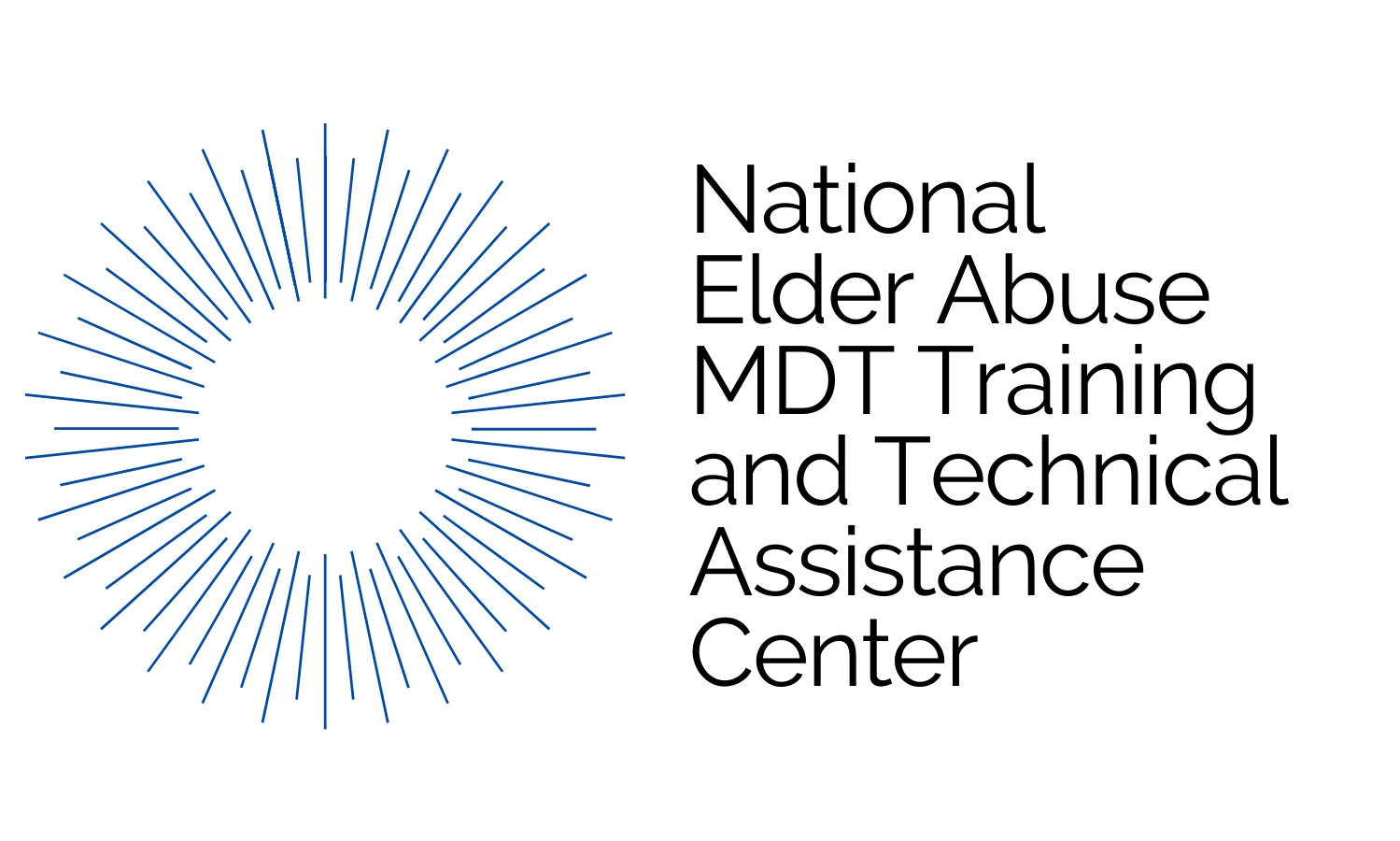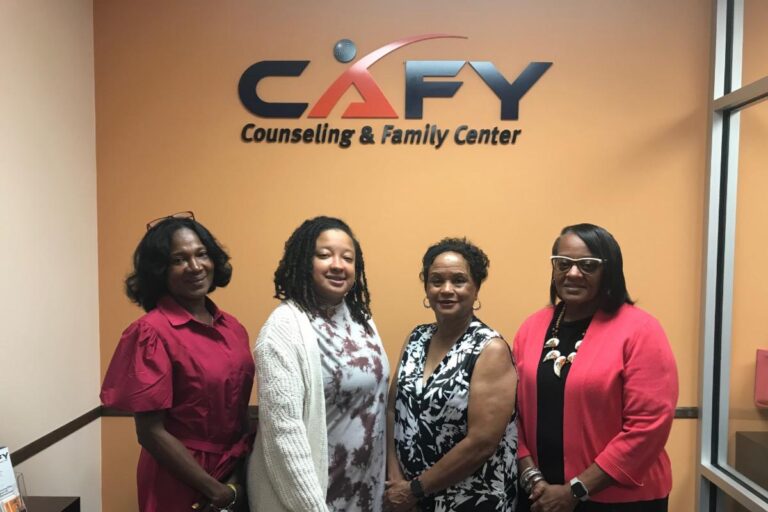
Dr. Sheri Gibson received her Ph.D. in Clinical Psychology with an emphasis in Gero- psychology from the University of Colorado, Colorado Springs (UCCS). She is an instructor and clinical supervisor for the Psychology Department at UCCS and a faculty affiliate with the UCCS Gerontology Center. Dr. Gibson serves on the editorial board for the Journal of Elder Abuse & Neglect, is a member of the Research Committee for the National Adult Protective Services Association (NAPSA), and a founding member of the Pikes Peak Elder Justice Center. In addition to being an advocate for elder justice, Dr. Gibson has a private psychotherapy and consultation practice, which includes provision of capacity evaluations, expert testimony, consultation, and training.
Elder abuse is a complex and deeply concerning issue that affects millions of older adults worldwide. As professionals working in social services, healthcare, law enforcement, and other fields, we frequently encounter challenging situations that require both ethical sensitivity and collaborative decision-making. Navigating these dilemmas effectively on MDTs requires us to prioritize the well-being of older adults while respecting their rights and autonomy. One of the key ethical dilemmas in elder abuse cases is balancing an individual’s right to self-determination with the responsibility to protect them from harm. Older adults, like all individuals, have the right to make their own decisions, even if those choices may put them at risk. However, when cognitive impairment, undue influence, or coercion are involved, professionals must carefully assess whether intervention is necessary. Understanding the legal and ethical boundaries of mandatory reporting, confidentiality, and informed consent is essential to making sound decisions in these cases.
Helpful Resources
1) Cultural and Ethical Considerations in Late Life Polyvictimization
The article addresses the association between polyvictimization and multicultural
factors that manifest in ethical dilemmas on Multidisciplinary Teams.
2) Examining Ethical Issues that Arise in Providing ED/Hospital Care for Patients
Experiencing Elder Mistreatment and Approaches to Address Them
This article was recently published (2024) by colleagues in Denver at Anschutz Medical Center, who have a hospital-based elder abuse Multidisciplinary Team. This article is helpful, for community-based MDTs to increase their awareness of common ethical dilemmas faced by hospital staff (e.g., hoarding/unsafe discharge, homelessness, etc.) and how hospitals work to resolve those issues.



